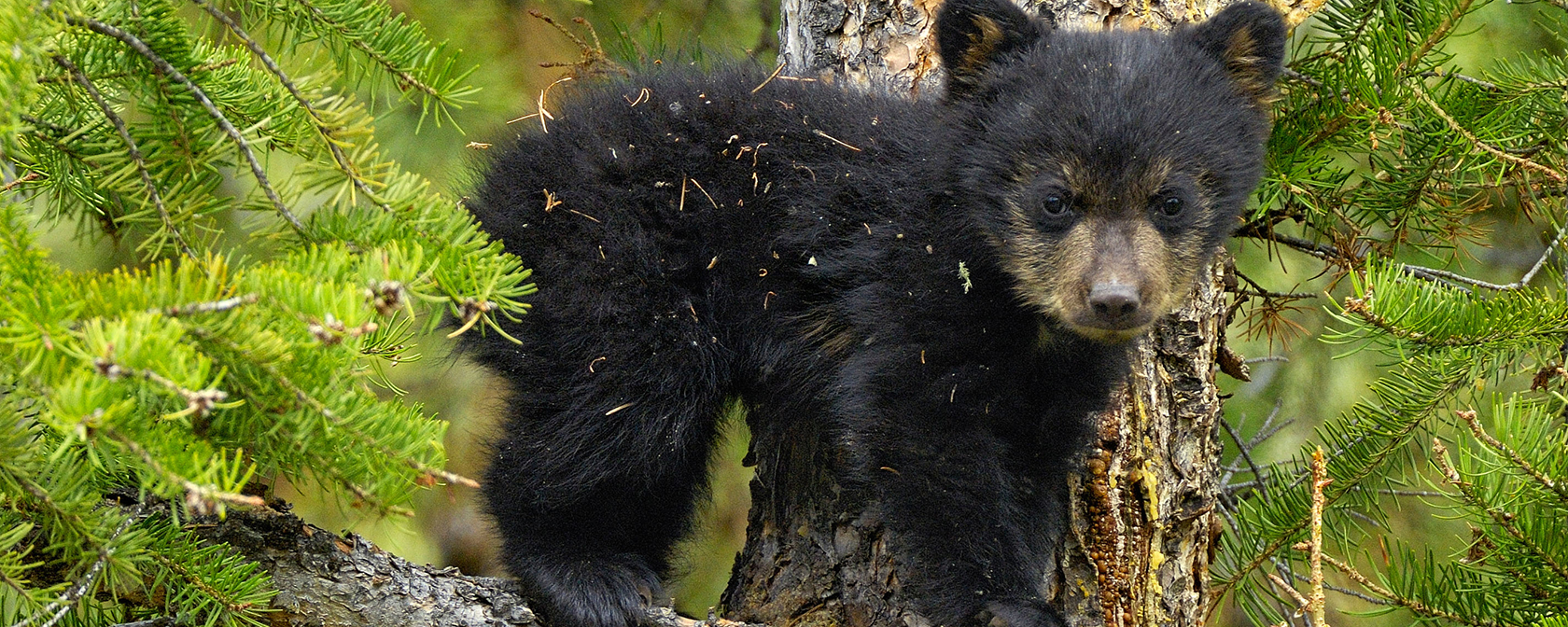Our democratic system and processes empower citizens to act on the issues they care about at the ballot box, and animal protection is no exception. For three decades, we have seen critical successes for animals at the state and local level that are the result of direct votes on ballot initiatives by engaged citizens.
Since 1990, humane advocates have placed more than 60 sensible measures on the ballot for a direct vote by citizens in the states that permit the ballot initiative and referendum process, and the pro-animal protection position has won two-thirds of the time. From Californians passing Proposition 2 to provide more space for farm animals in 2008 to Ohioans defending their right to direct democracy by voting down Issue 1 last year, the Humane Society Legislative Fund is proud to have supported the passage of many of these ballot initiatives over the years.
Now, with early voting underway in many states and Election Day fast approaching, we want to highlight a few statewide and local ballot initiatives, with great potential to impact animal protection policies.
Floridians will vote on Amendment 2, known as the “Florida Right to Hunt and Fish Amendment.” If passed, this ballot measure would establish hunting and fishing as the preferred means to manage and control wildlife in the state. Amendment 2 is particularly dangerous as it could preempt the ability of voters, legislators and agencies to prohibit cruel and inhumane forms of hunting such as baiting, hounding, and trapping, and to prohibit the hunting of threatened or imperiled wildlife species in the state. Black bears and other vulnerable populations will be at an even greater risk of decimation if this amendment passes. That is why HSLF is working with our partners to defeat it. To put it simply, this measure is undeserving of inclusion in a state constitution, and we strongly encourage Florida voters to vote “no” on Amendment 2.
In the city of Denver, Colorado, ballot measure 308, would ban the manufacture, sale, display, distribution and trade of new fur products in the city. In 2021, Boulder passed a similar measure, paving the way for other municipalities to curb the fur industry within their borders. HSLF urges the citizens of Denver to vote “yes” on 308. By doing so, they’ll send one more powerful signal to the world that fur is both cruel and unnecessary for human fashion.
All Coloradans will have a chance to vote on Proposition 129, a ballot measure proposing the creation of a “veterinary professional associate” (VPA) role, akin to that of the physician’s assistant in medicine. VPAs would serve as mid-level providers working with veterinarians to deliver essential veterinary care services. A number of professional veterinary associations and trade groups have come out against the measure, for reasons we cannot credit. The Colorado State University’s College of Veterinary Medicine has created a new master’s degree program to educate VPAs, in the interests of addressing workforce shortage, increasing appointment availability for veterinary services, reducing costs for pet owners and guardians, and creating new employment opportunities for those seeking to work in the sector. We support expanded veterinary care carried out by professionals for our companion animals. It’s good for animals and the people who care for them.
Regardless of the election cycle, our work to pass a ballot measure culminates on Election Day. But our efforts to defend them and see them implemented can sometimes continue for years. Our team continues to defend one of the most high-profile examples of pro-animal direct democracy. Approved by a nearly two-thirds majority of California voters in 2018, Proposition 12 bans the in-state sale of pork, eggs, and veal produced via extreme confinement. Products sold in California that are derived from pigs, egg-laying hens, and calves raised for veal must come from animals with minimum space standards necessary for them to stand up, turn around, and extend their limbs.
The U.S. Supreme Court upheld Proposition 12 and rejected the pork industry’s arguments against it. Thus, the strongest farm animal protection law in the country remains intact. Still, we’re in an epic struggle to protect the gains embodied in Proposition 12, as some pork producers, having fought it all the way to the Supreme Court and lost, are now working with a few congressional allies to stitch language into the Farm Bill or other federal legislation to strip the sovereign rights of states to pass laws in the best interests of their citizens. This is a fight that began as an extreme pork industry reaction to a citizen-based initiative, and now it’s the subject of international attention and public debate. And we’re going to finish that fight in our campaign to oppose inclusion of the Prop 12 “fix” in the Farm Bill.
In the U.S., politics determine the day-to-day, lived reality of both people and animals. And animal protection is always on the ballot in some way, in daily discourse and practice, in public policy discussion and in our legislatures. These ballot initiatives, like the opportunity to elect humane-minded candidates, give us power—the power to change our laws and make this a better world for all animals. But we can only do that if we vote. Please join us in making this a banner year for animal protection at the ballot box and beyond.
You can review our full slate of endorsed candidates and ballot measures online. Remember, animals only win when animal advocates vote.




